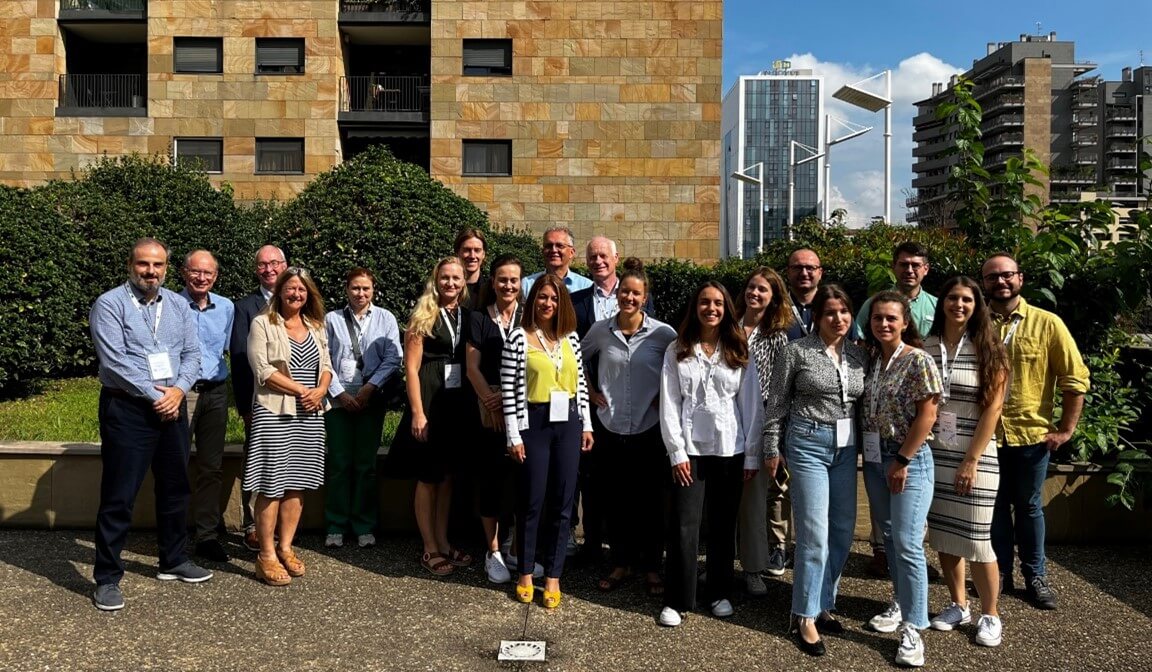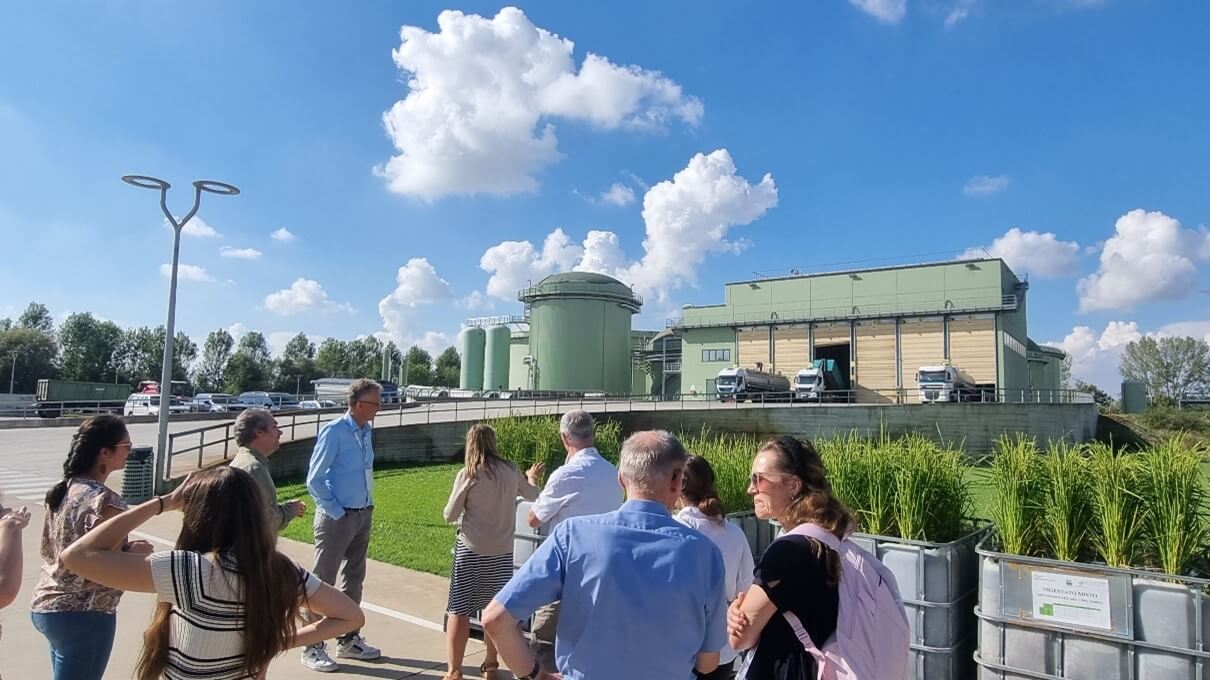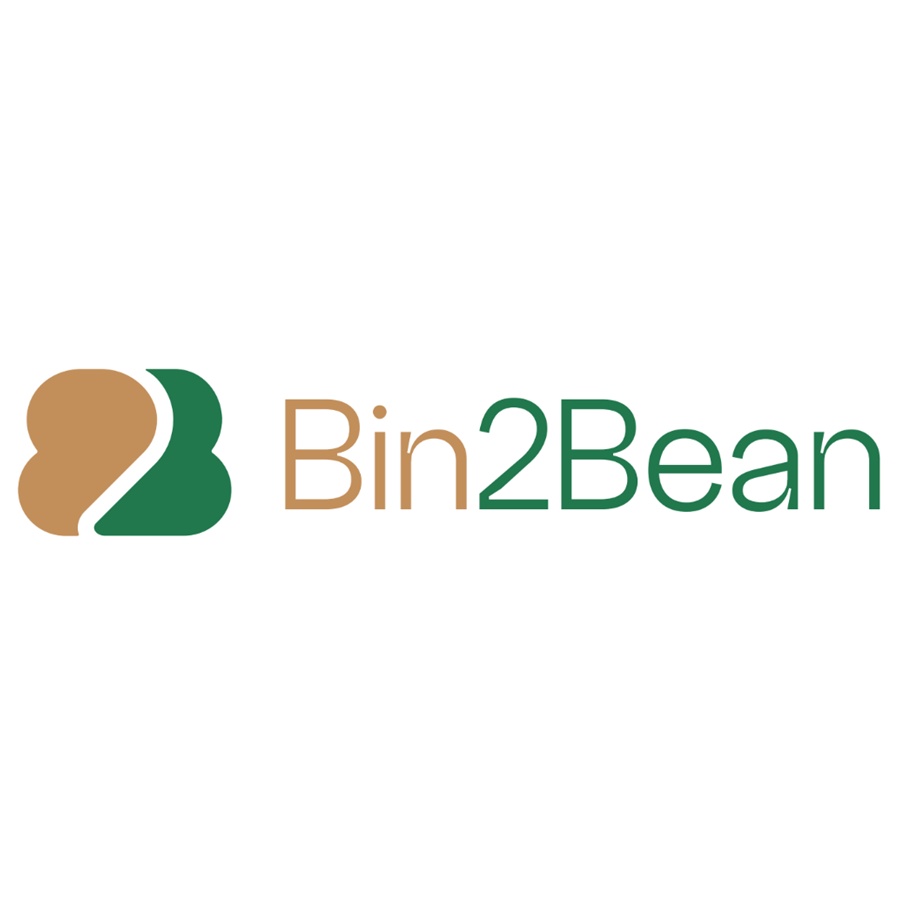By the end of 2023, EU Member States will have to implement separate collection schemes for organic waste. This is a very crucial step since around 34% of all the waste generated by our cities is of organic origin (biowaste). Among Member States and also within single countries and regions there are many different collection schemes or no schemes at all applicable to biowaste.
The challenge is to widely adopt biowaste collection schemes able to meet the target of recycling 65% of municipal waste by 2035.

What to do with biowaste?
While it is now common to use products make of recycled plastics and paper, not everyone knows the potential of recycling biowaste.
Indeed, biowaste can have plenty of usage and one example is to make organic soil improvers out of it with the potential to improve the physical, chemical and/or biological properties of the soil. With more than 60% of European soils being “degraded” and unhealthy, the restoration of soil health is a pressing issue and one of the key objectives of the EU.
This is also the objective of the EU-funded project BIN2BEAN (Boosting the market deployment of safe, effective and sustainable innovations for soil improvement from bio-waste, towards regenerative soil systems), that started in September 2023. The project will support European cities by promoting innovations that aim to valorise bio-waste and optimising their recycling into soil improvers through innovative and economically viable value chains. The project will implement 3 Living Labs in the cities of Amsterdam (NL), Hamburg (DE), Egaleo (EL). Here, partners will develop and validate solutions that other cities across Europe could replicate in order to valorise their bio-waste streams and produce soil-improvers. 12 more cities will participate to exchange best practice experience for the collection and processing of bio-waste.
Thanks to these activities, BIN2BEAN will help to reach Europe’s 2035 objectives of reducing landfill to 10% of total waste while reinjecting nearly 135,000 tonnes of nitrogen and 45,000 tonnes of phosphorus into soils in an environmental, social and sustainable way.
The BIN2BEAN project
Funded within the EU Mission: A Soil Deal for Europe, the project is coordinated by CONSORZIO ITALBIOTEC (Italy) which leads a consortium of 11 partners from 7 countries across Europe.
N³ has numerous tasks in this project: Henning Friege is the expert for collection and composting of biowaste as well as the legal and financial framework. Daniel Pleissner is working on the biochemical basis for the use of new soil improvers. Peter Wolfmeyer is responsible for innovation transfer and advises on the marketing of soil improvers.
Leveraging on a wide diversity of expertise required in soil system transformation, BIN2BEAN activities will range from bio-waste management to soil sciences, from safety testing to regulatory advice and from behavioral sciences to business strategies.
The project partners met on the 13th and 14th of September 2023 in Milan to fine-tuning the actions for the upcoming months. The meeting was also an opportunity to visit the local company Acqua & Sole and their organic waste recovery plant, unique in Europe in terms of size, process and feedstock, characterized by a thermophilic anaerobic co-digestion process.

Now the project is entering its initial phase, where the three cities involved will set up the living labs, kick starting the very first activities. Stay tuned for more updates!
Views and opinions expressed are however those of the author(s) only and do not necessarily reflect those of the European Union or HADEA. Neither the European Union nor the granting authority can be held responsible for them

